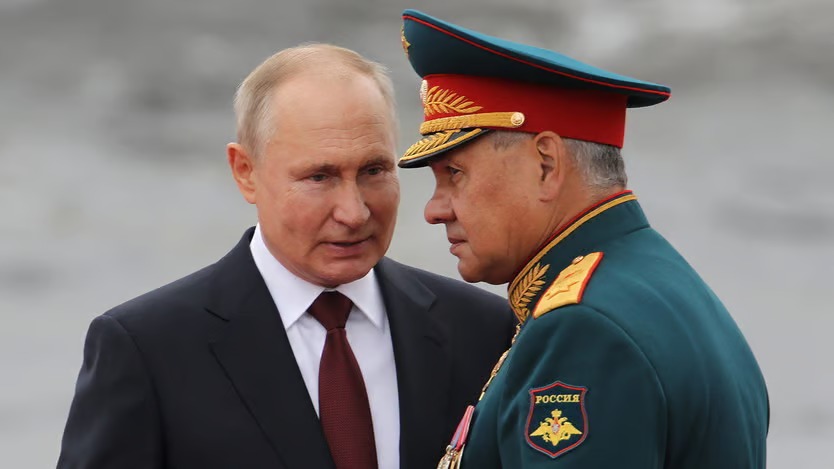
The Economist
In September 2013, The Economist published an article explaining whether or not it is left- or right- wing. The publication said it is "neither. We consider ourselves to be in the "radical centre."
The article continues:
"The Economist was founded in 1843 by James Wilson, a British businessman who objected to heavy import duties on foreign corn. Mr Wilson and his friends in the Anti-Corn Law League were classical liberals in the tradition of Adam Smith and, later, the likes of John Stuart Mill and William Ewart Gladstone. This intellectual ancestry has guided the newspaper’s instincts ever since: it opposes all undue curtailment of an individual’s economic or personal freedom. But like its founders, it is not dogmatic. Where there is a liberal case for government to do something, The Economist will air it. Early in its life, its writers were keen supporters of the income tax, for example. Since then it has backed causes like universal health care and gun control. But its starting point is that government should only remove power and wealth from individuals when it has an excellent reason to do so."
According to the 2014 Pew Research Study, Where News Audiences Fit on the Political Spectrum, the majority of The Economist readers hold political values to the left-of-center. Seventeen percent of The Economist's audience is conservative (compared with 26% of all respondents to the survey).
Vladimir putin has never been one to radically overhaul his top team. Those who fall foul of his rules may find themselves in jail, or blown out of the sky. But Russia’s autocrat typically prefers to keep the loyal close, watched over, and rewarded. News of the dismissal of Sergei Shoigu, Russia’s defence minister of 12 years, in the middle of war, thus raised eyebrows. Replacing him with Andrei Belousov, a technocrat with no previous direct relations to the security bloc, was even more unexpected.
When all the cards landed, Mr Putin appeared to be playing closer to type, eventually offering the dutiful Mr Shoigu a soft landing as secretary of the national security council. The fate of the incumbent Nikolai Patrushev, one of his most trusted aides and a hardline nationalist idealogue, remains unclear. Despite their appalling performance in 2022, the heads of Russian intelligence agencies, including Alexander Bortnikov, who has run the fsb security service for 16 years, remain in place.










